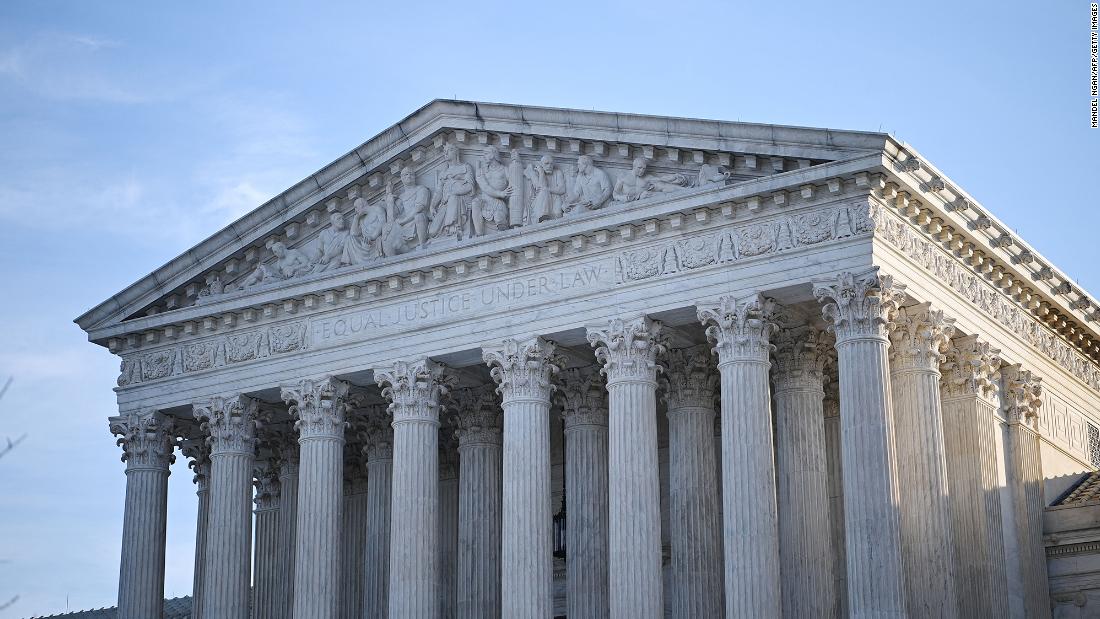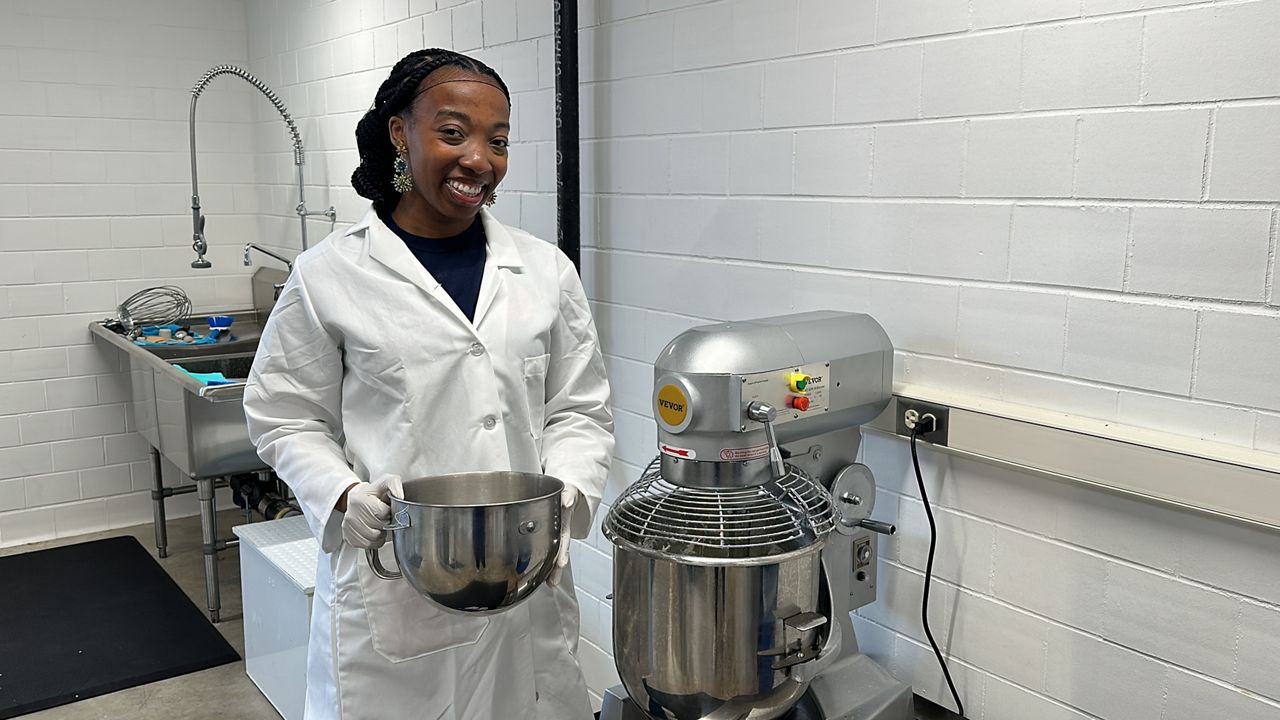- Wed. Apr 24th, 2024
Latest Post
Announcement of Graduates from the PTC Oklahoma CareerTech Business and Industry Services (BIS) Certification Program
Pioneer Technology Center is excited to announce the successful graduation of two individuals from the Oklahoma CareerTech Business and Industry Services (BIS) Certification Program. The program is designed for coordinators,…
Access to Safe Abortion is Essential for a Safe Healthcare System, Rural Idaho Doctor Asserts
During a recent Supreme Court hearing, the all-female, liberal wing of the court interrogated Idaho attorney, Joshua Turner, regarding hypothetical situations that involved pregnancy complications putting women’s health at serious…
Choo, A Billionaire, Unveils The World’s Largest Mercure Hotel In Singapore
The Mercure ICON, located in Singapore’s financial district, is the largest Mercure hotel in the world. It is part of Worldwide Hotels, a company founded by Singaporean billionaire Choo Chong…
Recent college graduate starts new business after mother’s diagnosis
VaLandria Smith-Lash, a recent graduate of Miami University, took action to address a dangerous skin illness by starting her own business. She began mixing shea butter and oils at the…
The University of Illinois Urbana-Champaign Introduces New Siebel School of Computing and Data Science within The Grainger College of Engineering
Chancellor Robert J. Jones of the University of Illinois highlighted the importance of interdisciplinary and collaborative work in research and education for computing and data science. The establishment of the…
Barbershop owner in Dolton takes legal action against village for refusing business license
A barbershop owner in Dolton, Illinois is taking legal action against the village, mayor, and village leaders over the improper denial of a business license. Tyrone Isom Jr. purchased a…
Wellness Weekly: National Drug Take Back Day on April 27th with Assistance from Tria Health Pharmacists
Employees and their families enrolled in a Marquette medical plan have access to Tria Health, a free and confidential service that offers assistance with medications. Tria Health pharmacists can ensure…
How Nelly Korda, the World’s No. 1 Golfer, Perfects Her Full-Swing Wedges: Top Tips to Improve Your Game
Nelly Korda is an impressive player in the LPGA Tour, having won five tournaments in a row, a feat only achieved by two other players. While her entire game is…
April 24, 2024: Latest Updates in Business
Business news – April 24, 2024 WeDo Fudge and Cascade Caramel are excited to announce the reopening of their drive-thru sweet shop for the season on April 30th. Located at…
Usain Bolt, ambassador for T20 World Cup, foresees significant growth for cricket in the USA
Bolt is looking forward to experiencing the vibrant party atmosphere in the Caribbean, complete with dancing, music, and high energy. He is excited to see how cricket will make an…



